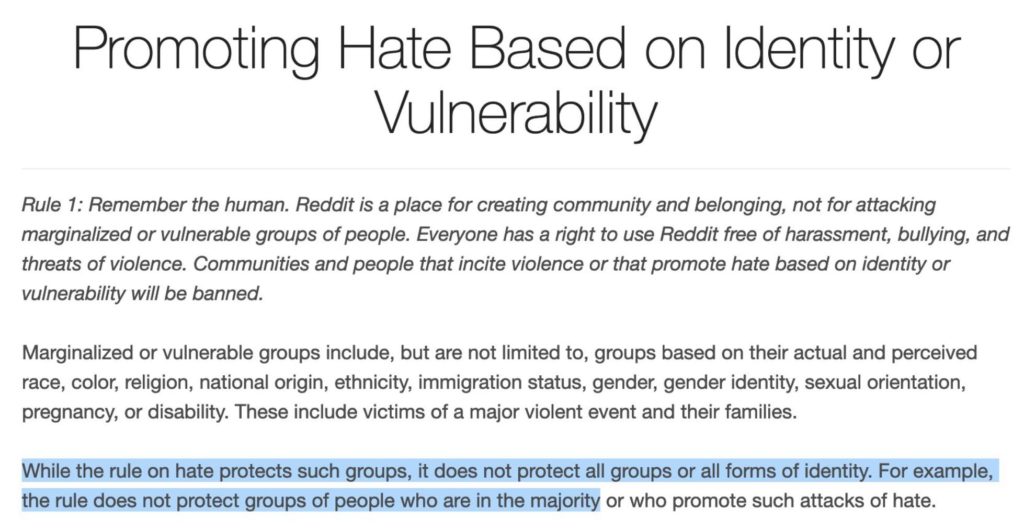Dishonest Zealots Attempt to Destroy the Career of Linguist Steven Pinker
Cognitive linguist Steven Pinker has had an illustrious career as a teacher and prolific author. His politics have often leaned to the left. None of this immunizes him from baseless attacks by hundreds of people who apparently don't see any value in Pinker's willingness to contribute his expertise to national conversations on critically relevant issues. They are unwilling to give fair readings to Pinker's statements. They also appear to be threatened by Pinker's use of germane statistics in order to shed light on complex claims involving police behavior and racism.
Here is the opening paragraph of a recent letter signed by almost 500 people, many of them grad students and undergrads, then sent to the Linguistic Society of America:
In reaction to this letter, Jerry Coyne, eminent Professor of Professor of Ecology & Evolution, concludes as follows at his website: "I’m really steamed when a group of misguided zealots tries to damage someone’s career, and does so dishonestly."
Linguist John McWhorter has also indicated his enthusiastic support of Steven Pinker:
Here is Jerry Coyne's full blog post, setting forth the numerous false accusations against Pinker coupled with the evidence clearly demonstrating that these accusations are false. Coyne's post is titled "The Purity Posse pursues Pinker."
I invite you to read both sides of this dispute. I suspect you will be outraged at the way Pinker is being treated. You might also wonder how it is that hundreds of people who claim to be highly knowledgeable in linguistics are such inept readers. The phrase "social conflagration" might come to mind as you review the evidence. The name Robespierre might periodically pop into your thought process.



